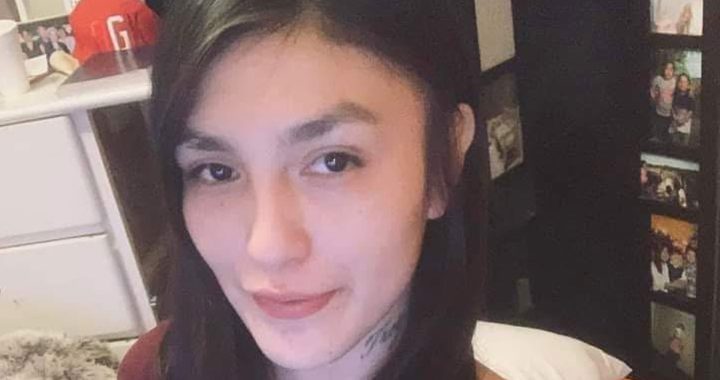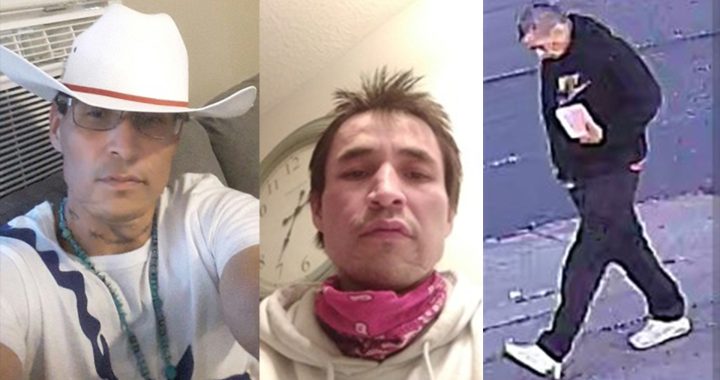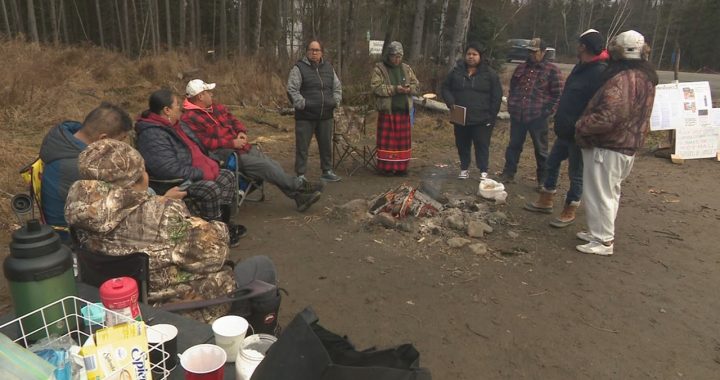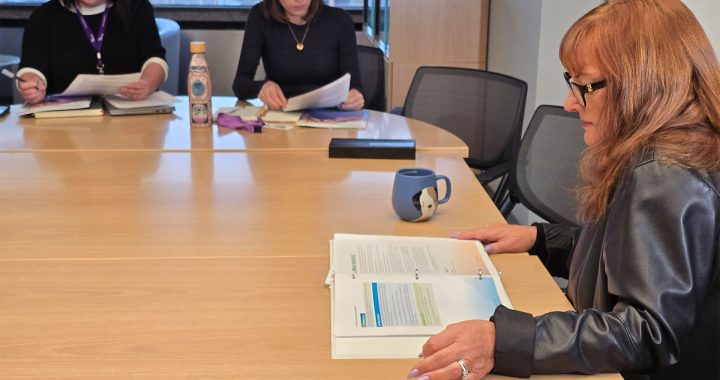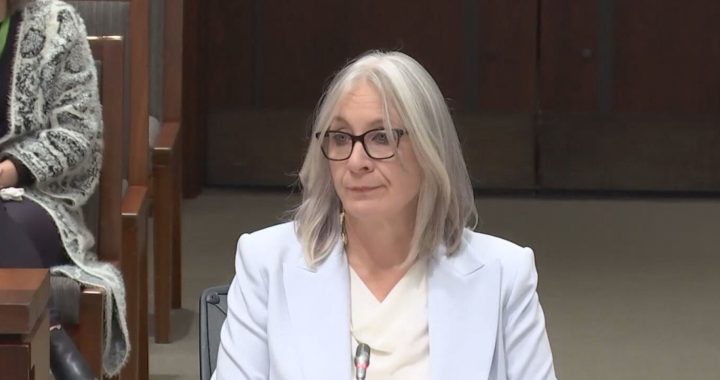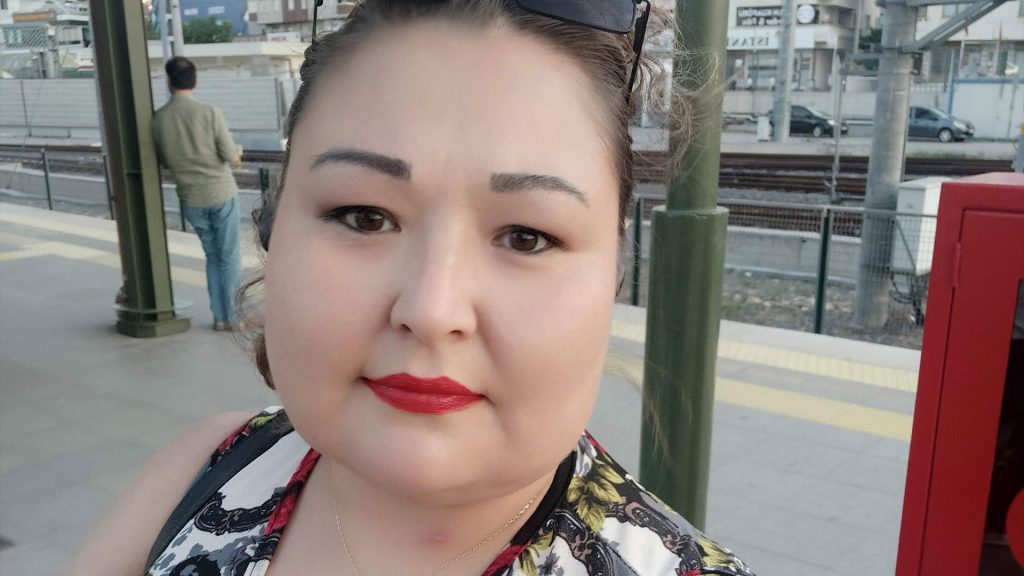
Charman Smith is caught up in legal limbo in Turkey. Photo: Submitted
A First Nations woman from the Yukon says she’s living a bureaucratic nightmare in Turkey.
Charman Smith, a member of Carcross/Tagish First Nation, pleaded guilty in November 2016 to being an unknowing drug mule on the advice of a Turkish lawyer who did not speak English. She was sentenced to nine years and two months for smuggling the stimulant khat in her suitcase on her way to Canada from Africa.
Documents Smith shared with APTN News show the Canadian government approved her transfer request in September 2021 for extradition from Turkey to serve the remainder of her sentence on probation in Canada.
But the mother of one is still waiting to go home.
Smith said while applying for the transfer there was confusion at the Canadian Embassy over whether such an agreement existed.
“When I requested my transfer, when I requested my papers and everything, (they) didn’t even know that Canada and Turkey had an agreement,” she said. “They said, ‘That’s something we got to look into.’”
She said she found that extremely concerning.
“Our government system is failing incredibly,” she said in an interview, “because, if our consulates – who should be there to help us and assist us – don’t even know about the federal governments’ agreements or laws with the country that they’re supposed to be helping the citizens in, then how is our federal government assisting or even helping?”

Canada is a party to a multilateral convention with Turkey through The Council of Europe that could grant Smith a prison transfer agreement.
Despite the approval from Canada, Smith, 42, is still waiting for the Turkish government to approve the transfer on its end.
APTN asked the Turkish Embassy in Ottawa for comment, and will update the story if it comments.
When asked if they know why Turkey has not responded to the transfer request or if other issues are preventing it from being approved, Global Affairs spokesperson Charlotte McLeod said the federal department would not comment on Smith’s case due to privacy concerns.
Magali Deussing, a spokesperson for Public Safety Canada, would only speak generally.
“Denial of an application for transfer by either country (at any level) prevents the transfer of the offender at that time,” she said in an emailed statement, and the offender can re-apply after one year “in the event of a denial by the minister or at a time specified by the sentencing country.”
Smith’s sentence ends next spring.
Law professor John Packer of the Human Rights Research and Education Centre at the University of Ottawa feels Smith is having a harder time than she should.

“It would be shocking to me if (the Canadian Consulate in Turkey is) not aware of and not competently trained and so forth to deal with these things,” he said in an interview.
According to Article 5(4) of the transfer agreement, Packer said: “The requested State shall promptly inform the requesting State of its decision whether or not to agree to the requested transfer.”
But almost one year after Canada issued her request, Smith is still waiting.
“That is not ‘promptly,’ Packer said. “Canada should have pressed Turkey for an answer to explain its position.”
Kim Beaudin, national vice-chief for the Congress of Aboriginal Peoples, feels the system is set up to fail Indigenous peoples.
“You have other issues around family and contacts and court resources, like money for example, to even get a lawyer. I mean, the list goes on and on,” Beaudin said in an interview.
When applying for parole in Turkey, Smith said she was denied with little explanation.
She said the consulate provided her with a list of lawyers who speak English but she found out the lawyers only practice non-criminal law.
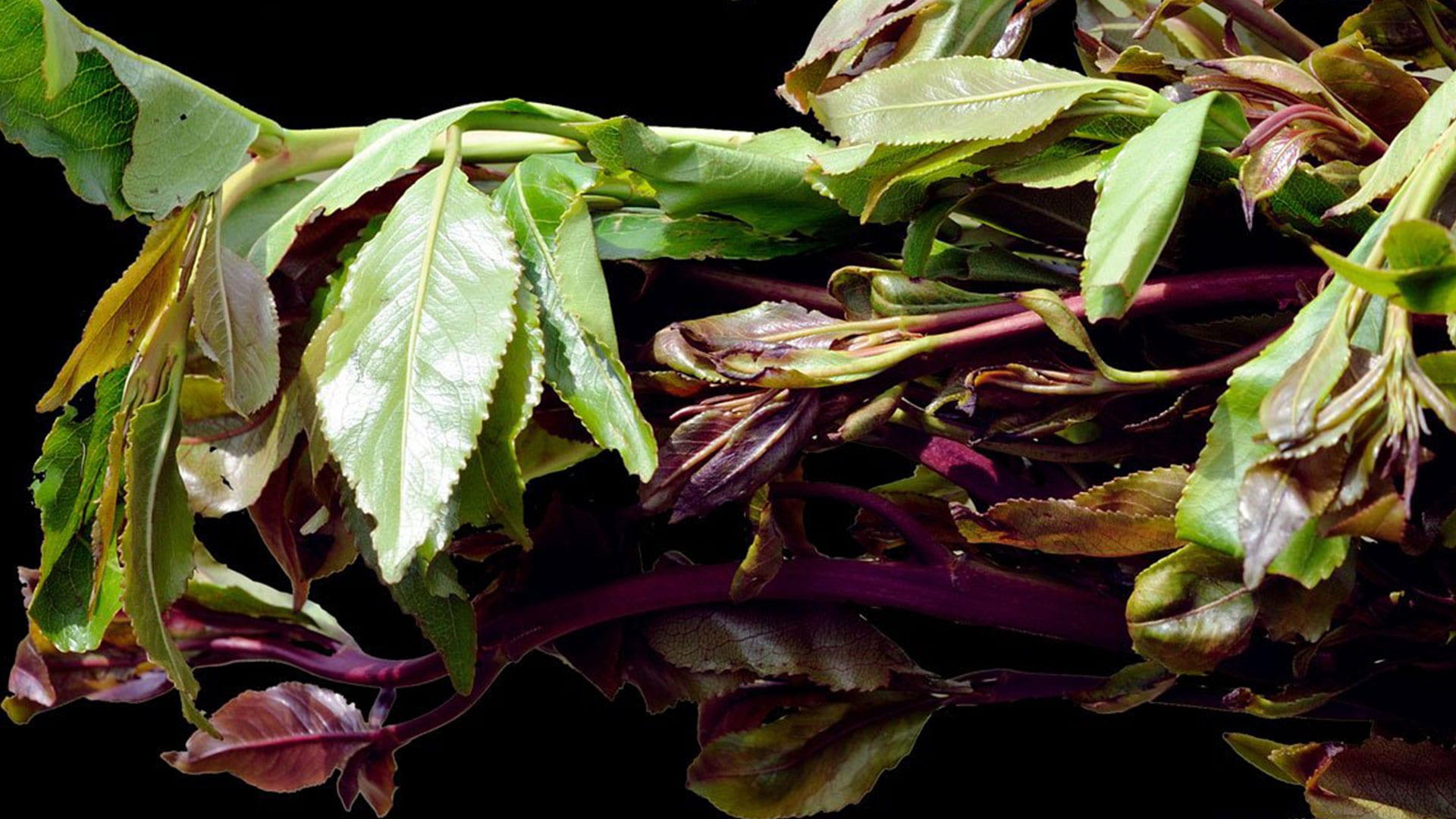
When she contacted a criminal lawyer, she said he was shocked by her court documents.
“He said, ‘Why didn’t you find me in 2016? You wouldn’t have to be here.’”
Smith said she has since suggested to the embassy they provide criminal lawyers to people in need of consular assistance.
“(They said), ‘This is what we had. We don’t assist with that kind of legal. We don’t even assist with sending lawyer representation or anything like that.’”
Beaudin said the federal government “hasn’t stepped up to the plate” on Smith’s case.
“(The Turkish government) could extradite her if they wanted to and they haven’t done that. I don’t understand what their interest in this whole thing would be to keep her there,” he said.
“I mean, one phone call from (Global Affairs) and she’d be on a plane tomorrow morning.”
Packer also wondered why the process is taking so long and why Canada is not doing more to intervene.

“The treaty explicitly says both states must agree, but it’s not clear to me why Turkey would object,” he said. “If Canada requests it, it loses nothing. It actually saves money. It doesn’t have to deal with the cost of her detention and so forth.
“Turkey in principle should be more than happy as heck to get rid of this person, never allowing her back and all the other things.”
Smith said she has seven months left to serve.
She is living in an apartment in Istanbul but can’t work due to her prisoner status.
She admits the mental strain of being away from her family has caused her immense emotional distress.
“I’d never wish for this to happen to anybody,” she said. “The thing is, you’re separated. You lose family, you lose friends. You find out later that this person passed away…
“You find out what’s going on with your child and not being able to be there for your child, for your children.”
Brendan Hanley, Yukon’s Liberal MP, said he’s aware of Smith’s situation.
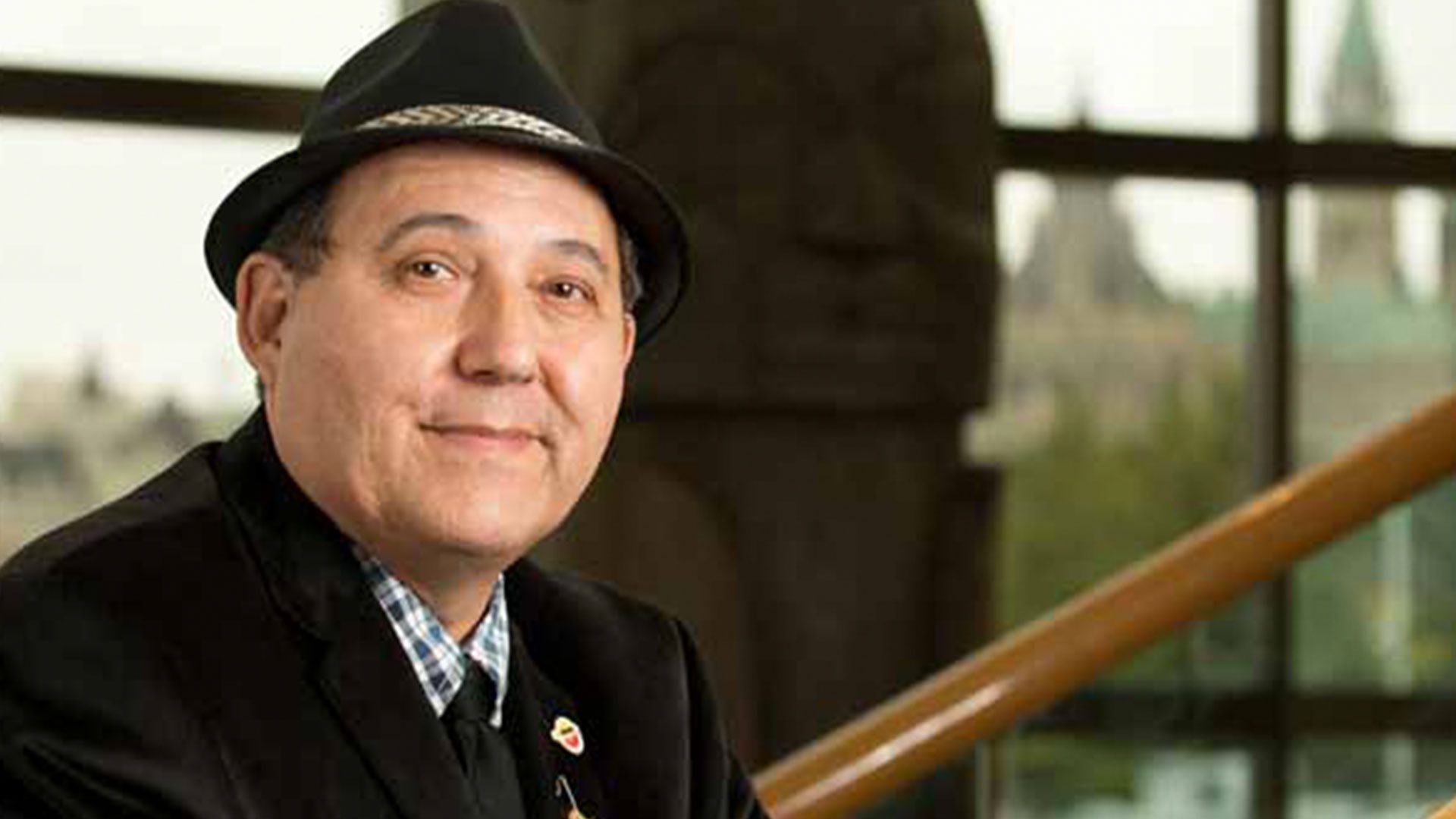
“It’s a very distressing case,” he said. “I can say that the circumstances are certainly distressing and I certainly feel for her and for her family.”
However, he said there’s little he can do to help her except keep her case on Global Affairs’ radar.
“It’s a difficult case unfortunately…We cannot directly intervene in cases, of course, of sovereign nations, including Turkey. They have exclusive jurisdiction over the laws within their own territory.”
Hanley said he recently wrote to Global Affairs Minister Mélanie Joly to get a direct update on Smith’s case but hasn’t heard back.
Packer, however, said Hanley can – and should – be doing more.
“It’s not intervening in their laws to work under the treaty,” he said. “This is entirely respecting Turkey’s sovereignty, but Turkey and Canada among other states have simply agreed that such cases exist and they have mutual interest.
“(He says) he cannot interfere as a member Parliament? Of course he can.”
While Members of Parliament don’t have power to exercise executive function like a federal minister, Packer said they can press the issue in caucus and write to Canadian consulates in foreign countries.
“I would imagine this member of parliament should be actively pursuing the maximum effort of the Canadian government to kind of redress the wrong and get her out of that circumstance,” he said.
Carcross/Tagish
Meanwhile, the Carcross/Tagish First Nation’s health and wellness department continues to assist Smith. It sends her $1,080 a month for rent, food and medication to treat her epilepsy, which she said she is grateful for.
Packer said while Canadian citizens abroad are subject to other countries’ laws, Smith’s situation is “kind of a sad, crazy story.”
“She’s already done years, you know, let’s just bring her back given her humanitarian grounds, her physical risks and get her back to her community,” he said.
“We’re not talking about a violent crime, we’re not talking about a mass extortion ring. This is a kind of a silly case with clearly, you know, kind of disproportionate negative consequences for this poor woman.”
Smith said her probation was granted last month freeing her to leave Turkey on March 31, 2023. She expects to remain in the country for a few months afterwards until her paperwork is approved.
Until then, she’ll keep hoping to be reunited with her family and her daughter.
“I’m waiting to feel their arms wrapped around me,” she said. “I’m waiting.”




